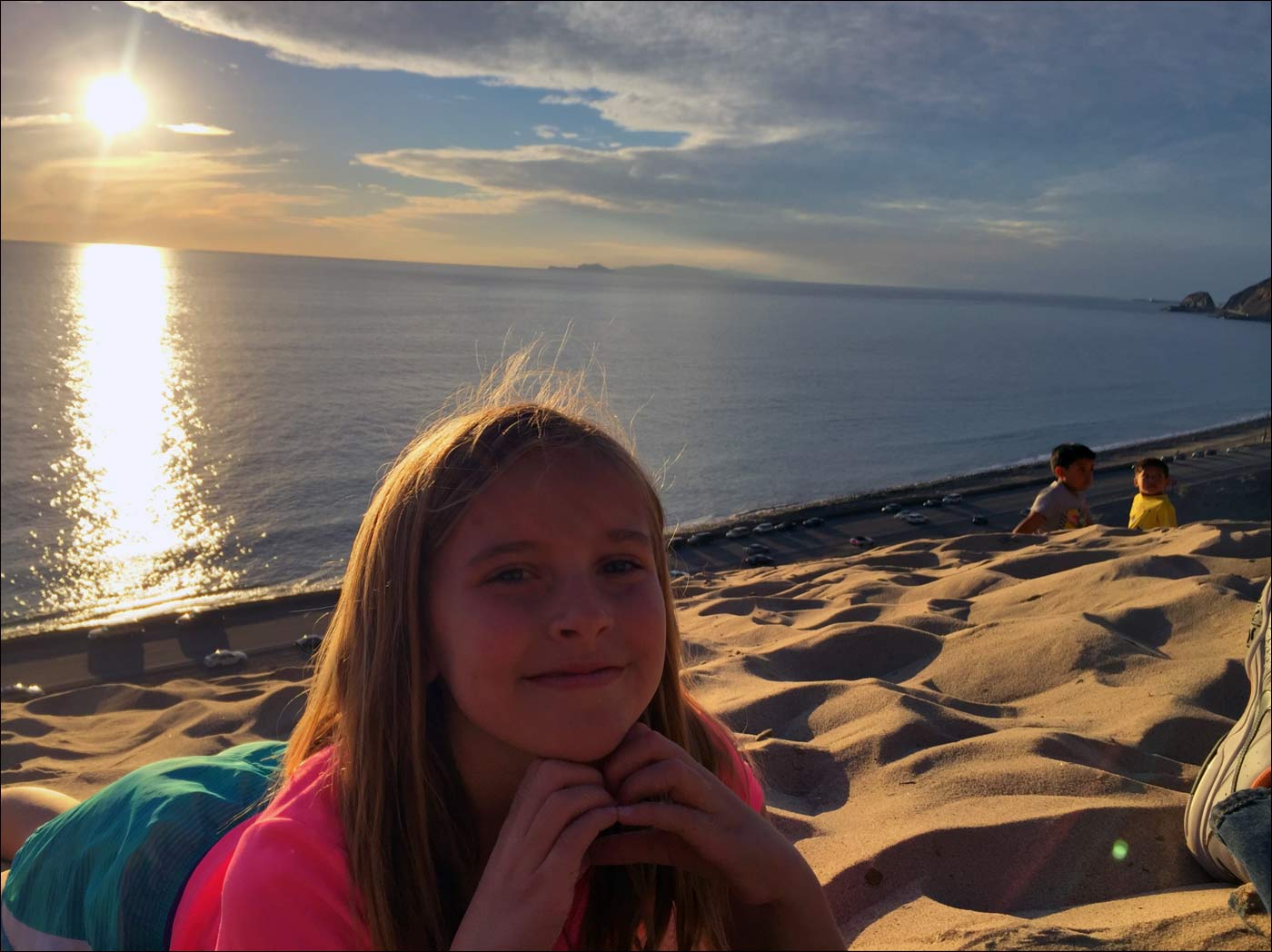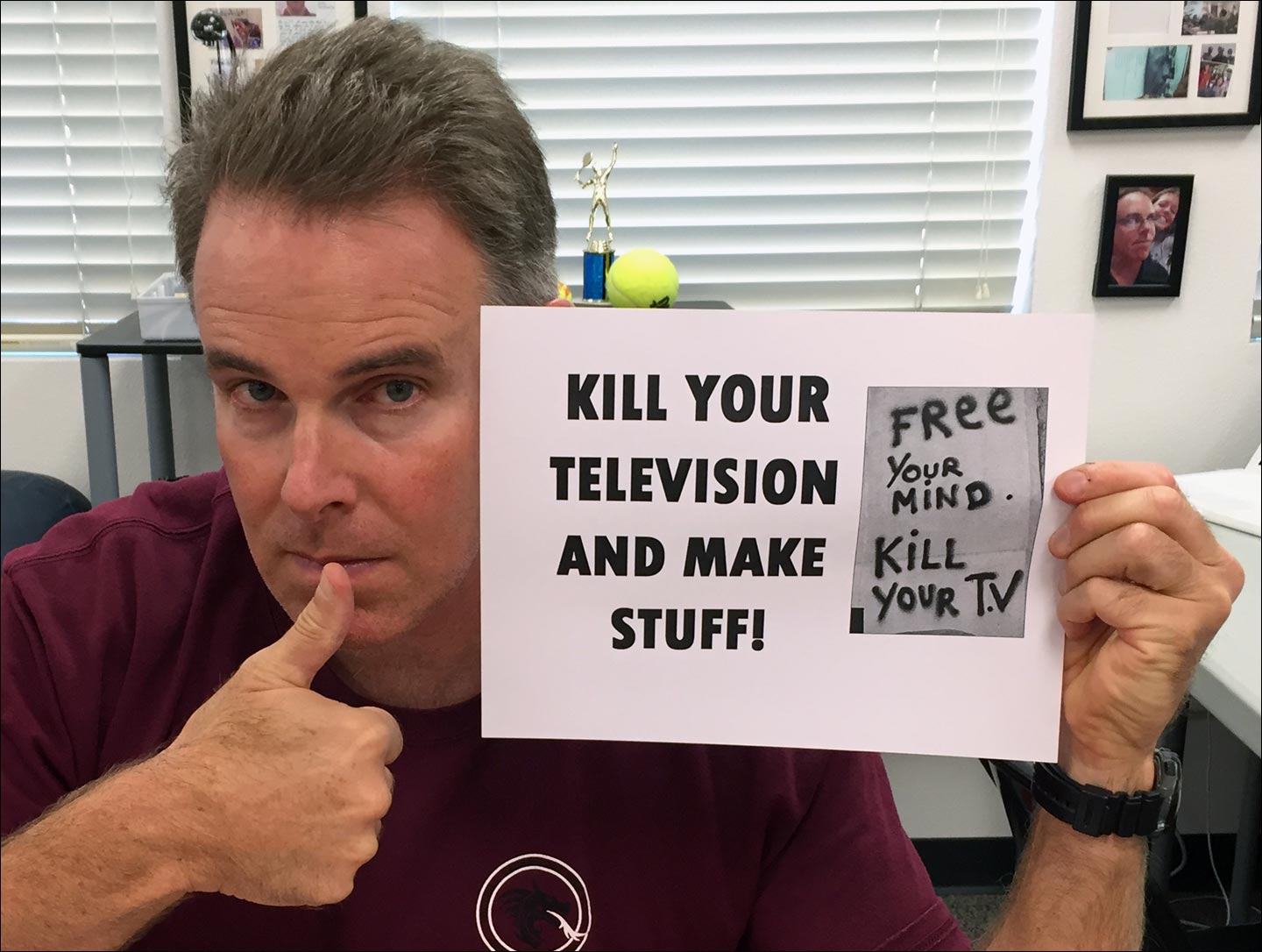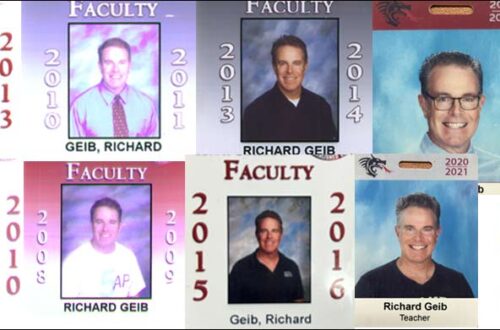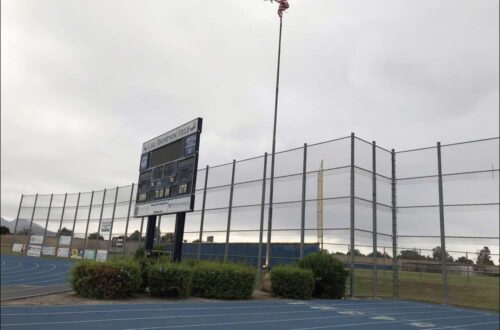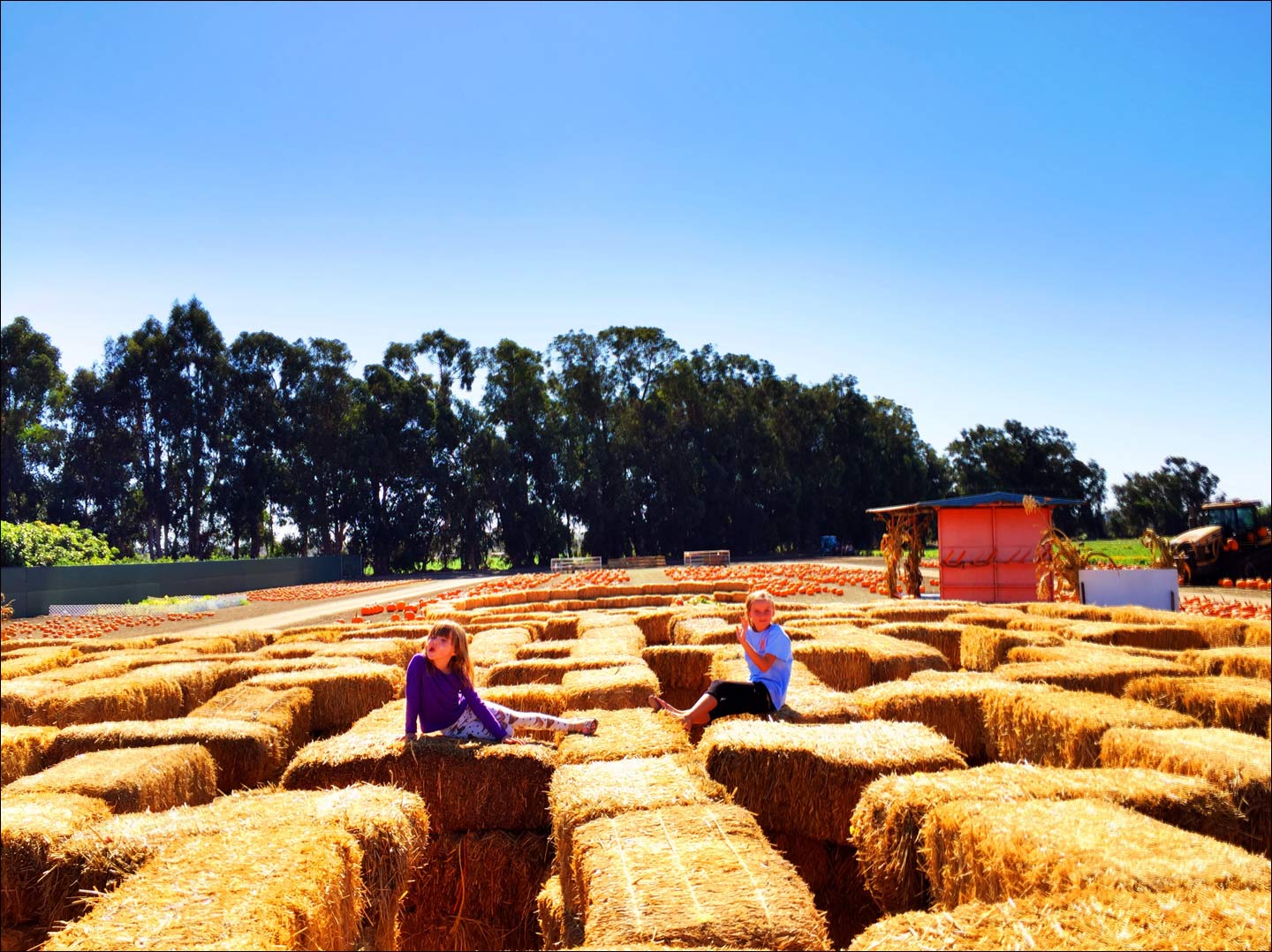
The main reason I enjoy Facebook, despite all the petty posts and sophomoric banter, is that I can keep tabs on my former students, to some degree.
Christian P.? What college is he attending again? Megan L.? Is she still with the Italian boyfriend and working for the Red Cross in London? Facebook usually allows me to answer these questions of young people who have so enriched my life.
In this spirit I went looking for Nick F., a student of mine who must be around 25 years of age now. Nick had a sarcastic sense of humor and a wry view of the world; I enjoyed his intelligence, even when he wrapped it in adolescent irreverence, as he usually did. Nick wrote an essay famous in my class on abortion that I read every year to my students when we studied the federal judiciary, Roe v. Wade, and the abortion controversy. His comments were always greeted with applause and laughs. They illuminated even as they entertained, as good writing should. It was pure Nick. It was said once that Wagner’s music was much better than it sounded, and in this spirit Nick was smarter than he came across at first glance — much smarter. “What has happened to Nick in the past five years?” I wondered to myself. But I could find no trace of Nick on Facebook when I went looking for him several months ago. Or anywhere else on the World Wide Web. I knew he was the varsity soccer goalkeeper, so I tweaked my search terms to reflect soccer and still found nothing. I typed in his sister’s name, who had also been my student. Nothing.
Unusual.
Most young people have a “digital footprint,” to one degree or another.
My wonderings about Nick went unanswered. It was like we were back in 1995: this person was out there in the world, and I had no idea where they were or what they were doing.
There are many, like Jonathan Frazen, who would love the world to move back to 1995. There is a much greater degree of privacy in the pre-Internet world. If privacy is the most important concept for you then the Internet is a millstone around your neck.
Then I ran into Nick in person at the pumpkin patch a week before Halloween. He had the same sly grin as always, and he was looking at me with it. After so many years has passed, I could tell that initially Nick was wondering if I recognized him. I looked up at Nick, smiled, and immediately recognized him. With a sense of surprise and pleasure I pronounced the following: “My Lord, my Lord! It is Nick F. Wow.”
As with some former students, I could remember whole passages of conversations we shared, important life events, his opinions on politics; the tones of character, habits of interaction, body language, sense of humor, etc. People grow into more mature adults, but their characters are semi-fixed since early days, in my experience.
I was thrilled to see Nick! In many ways he appeared exactly the same.
As my kids played around the pumpkin patch, I caught up with everything Nick had been doing. I listened closely to the facts as Nick recounted them to me, and I strained to read in between the lines to glean the unspoken.
I admitted that I had searched high and low for him on the Internet, and found nothing. Nick told me that in his party days in college he deleted any trace of himself on social media. He did not want photos of his college days on the Internet.
I understood that. The news is full of important persons who are haunted by old photographs of themselves acting in a way that could embarrass them. For many years I have heard captious teachers warn high school seniors that anything they post on social media could come back to hurt them. College admissions officers, it was said, were scouring social media sites for information on applicants.
Another great kid from my classes back in the day, Julie, took action to protect her privacy online. At a doctor’s office I ran into Julie’s little brother and had a great talk with him. I wanted to write to her about it and say “hello,” and I could not find Julie’s profile on Facebook. I resorted to sending her a message on a decade old email address, and I am pretty sure she never got it. Then some months later I saw a Facebook posting by her, under a name I did not recognize. She had changed her Facebook name, bastardizing her regular name. Upon writing this essay, I looked for her profile again and could not find it. Occasionally when she posts to Facebook I see her profile name but it is so irregular I cannot remember it. She has hidden herself so well that even those who know her cannot find her on Facebook.
Until very recently Julie was in medical school. I imagine medical school admissions officers are exactly the busy-body types who would look online for evidence of an applicant. What they see might influence their decision in such a highly competitive milieu. Going “underground” while applying and going through medical school might be a prudent idea. The stakes are very high.
Another former student, also in medical school, did the same thing. I know he was struggling mightily with coming out as homosexual to his religious family (and to himself), and then there was the applying to medical school and also surviving that schooling. To lower one’s Internet profile would make perfect sense in such a vulnerable time in his life. As a fully credentialed doctor, a young adult would have much more power to say to the world, “Here is who I am. Deal with it!” This newly minted doctor has since changed his Facebook profile back to his regular name.
It is said, and it is probably true, that everyone presents themselves to an audience in the way they wish to be viewed. I know plenty of teachers who are one way with their students in class, another with their family at home. Probably every teacher is like that, to one degree or another.
But that to “one degree or another” is extremely important, I think.
Take politicians, for example. Politicians are famous for being fantastically on guard and insincere in their public dealings with the media. It is for good reason, as many journalists are looking for any dirt on a politician. Years ago I read Bill Clinton’s autobiography. It was, like that man himself, glib but unrevealing. Nothing about his first love or sexual encounter. No real candor. No window into Bill’s soul. His account of his famous marital infidelity with Monica Lewinsky was self-serving, I thought. He just ignored his other infidelities, making no mention of them. Perhaps no public figure will ever be fully candid. Maybe the reason why Bill Clinton was such an excellent politician is the same reason I found him to be a flat, uninteresting memoirist.
Well, maybe he is an interesting political memoirist to aficionados of politics. They are reading primarily to gain a glimpse of Clinton as homo politicus. But does that have to mean Clinton is opaque and obfuscatory about his larger life? That Bill Clinton as a three dimensional human being goes begging? Does Bill’s wife even know him? It reminds me of my favorite quote from Hawthorne’s The Scarlet Letter: “No man for any considerable period can wear one face to himself and another to the multitude, without finally getting bewildered as to which may be the true.” And wasn’t it Eisenhower who said about his vice president that Richard Nixon didn’t know the difference between lying and telling the truth?
But it is not only politicians. Military personnel and law enforcement are told that their social media and online lives are fully the province of the government. “If the army wanted you to have a political opinion, they would issue it to you. Shut your trap, otherwise!” I have an old college buddy who recently retired as a full colonel from the Marine Corps. He posts remarkably strident conservative posts to Facebook. If he were still in the military, I imagine he would be more demur in his political expression.
Celebrities or business persons are excoriated because of an ill-considered or “inappropriate” Tweet. It seems that online shaming and crowd abusing are on the rise. People sitting in a room somewhere and spewing forth invective over a contrary opinion or language that is deemed “insensitive” or “inappropriate.” The mob online seems more vigorous and easier to arouse than the mob offline.
And God help the college administrator or professor nowadays who says something their thin-skinned students take umbrage at! There will be a call for their high-tech lynching, just a few minutes after they are forced to resign. It does not bode well for our future when college campuses become known for students shouting down unpopular views.
So perhaps we are primed and ready for a backlash: persons doing everything they can to stay out of view online. Reducing their liability in a hothouse culture of grievance and obloquy. Less honest sharing online; more protecting your ass.
I think that would be a mistake. Even a betrayal of the promise of the Internet.
Seven years ago I wrote that a person nowadays must take the offensive and cultivate their online persona, just as they must do in the offline world. Take control of your message and craft it exactly as you like, and let that stand as your defense against all the calumny that others might hurl as you. If you are agnostic towards the Internet and take no action, then somebody else will craft your image for you online.
There are some whose lives in the wider world never make it online. But if I meet an adult and put their name into Google and can find nothing at all about them, I think that adult probably not worth knowing. No professional achievements of note? No comments about them? No educational mentions? Athletics? No mention in any local newspaper? Not one mention of charitable giving? Membership in some church?
It would seem if a person had done anything of note, the Internet would have noticed.
What have they done for the last thirty years?
As for me, the Internet has been the vehicle through which I can communicate with others and enjoy the fine wine of artistic expression. Professionally, it has been the way I can get my students to think and communicate with greater acuity and power. The idea of PUBLISHING one’s ideas for readers. Powerful stuff. This, as I see it, is the great promise of the Internet. At work and at home, I have spent the last twenty years trying to use the Internet to foster learning and thought. It has been my life’s work, meager as that work might be.
For many others, it would seem, the Internet is a threat. It is about being attacked for one’s views or opinions. Many have taken concrete steps as of late to reduce their online profile (a “Facebook backlash.”). They seem to want to make themselves less of a target. It is a negative vision of the Internet and its potential.
It saddens me.
Maybe as a person with next to no power, whose views almost nobody cares about, I have been given more freedom than others. Nobody is scouring my comments with the intention of hurting me with them. Cardinal Richelieu once stated, “If you give me six lines written by the most honest man, I will find something in them to hang him.” So it goes with in the world of affairs (and letters) where all too often man is a wolf to man. Where meanness is the coin of the realm. Politics and literature as combat.
Maybe one of the joys of being a “nobody” is that I have the freedom to be who precisely who I want to be. To be who I am. As a “nobody,” no one targets me. Nobody cares. Or next to nobody cares. I can be myself.
I have always aspired to be the same in my classroom as I am with my family at home. To be the same on my webpage as I am in person. To be honest at all times, to the extent possible. To not be “careful,” or even deceitful, like many politicians are by necessity. Marching out that pabulum which offends nobody but illuminates nothing — the effluvium of “political correctness.” To not be like Bill Clinton, speaking different truths to different audiences and taking great care not to offend if at all possible. I took as a role model the literary character Atticus Finch whose kids bragged he was the same in public as he was in his home.
To be an honest man. Not desperately and demeaningly poor, like some are. Nor overwhelmed by affairs and wedded to wealth and ambition, as are some others. To be of the “middle state,” as Daniel Defoe has Robinson Crusoe’s father explain to him:
“That mine was the middle state, or what might be called the upper station of low life, which he had found, by long experience, was the best state in the world, the most suited to human happiness, not exposed to the miseries and hardships, the labour and sufferings of the mechanic part of mankind, and not embarrassed with the pride, luxury, ambition, and envy of the upper part of mankind. He told me I might judge of the happiness of this state by this one thing—viz. that this was the state of life which all other people envied; that kings have frequently lamented the miserable consequence of being born to great things, and wished they had been placed in the middle of the two extremes, between the mean and the great; that the wise man gave his testimony to this, as the standard of felicity, when he prayed to have neither poverty nor riches.
“He bade me observe it, and I should always find that the calamities of life were shared among the upper and lower part of mankind, but that the middle station had the fewest disasters, and was not exposed to so many vicissitudes as the higher or lower part of mankind; nay, they were not subjected to so many distempers and uneasinesses, either of body or mind, as those were who, by vicious living, luxury, and extravagances on the one hand, or by hard labour, want of necessaries, and mean or insufficient diet on the other hand, bring distemper upon themselves by the natural consequences of their way of living; that the middle station of life was calculated for all kind of virtue and all kind of enjoyments; that peace and plenty were the handmaids of a middle fortune; that temperance, moderation, quietness, health, society, all agreeable diversions, and all desirable pleasures, were the blessings attending the middle station of life; that this way men went silently and smoothly through the world, and comfortably out of it, not embarrassed with the labours of the hands or of the head, not sold to a life of slavery for daily bread, nor harassed with perplexed circumstances, which rob the soul of peace and the body of rest, nor enraged with the passion of envy, or the secret burning lust of ambition for great things; but, in easy circumstances, sliding gently through the world, and sensibly tasting the sweets of living, without the bitter; feeling that they are happy, and learning by every day’s experience to know it more sensibly.”
To be of the middle state. Not a slave to my job or to money, nor to worry about tomorrow’s bread and shelter, nor to lose my privacy and peace of mind.
And to live my days aware and sensible in the embrace of my family, friends, and students. To read widely and to think deeply. To reflect on it all on my webpage. To have no enemies and to be at peace with the world.
Amen.


